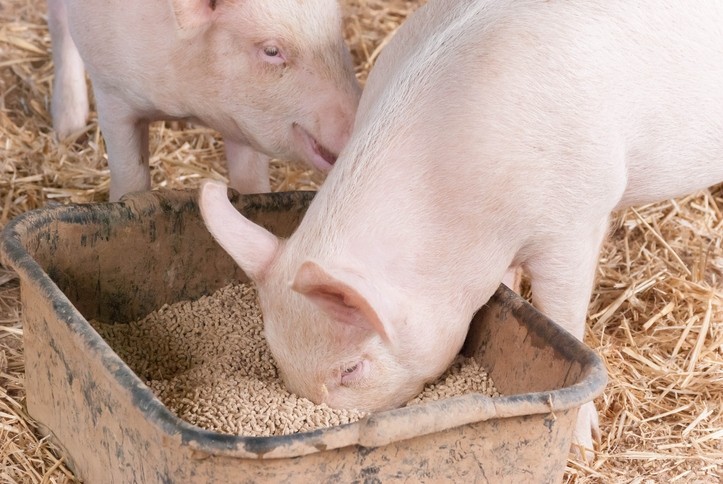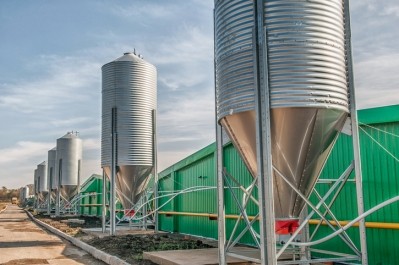Brazilian outbreak of SVA sees virus in feed, on farm

The Iowa-based Swine Health Information Center (SHIC) announced last week that an outbreak of Seneca Valley A (SVA) in Brazil. The disease has been found in pigs of all ages, but initial cases were located in finishing pigs, said the SHIC.
A previous outbreak of the disease in Brazil in the autumn and winter of 2014-15 preceded an occurrence of the disease in the US in 2015, the center said.
The center is working to understand the risk presented from the outbreak in Brazil, said Paul Sundberg, executive director with SHIC.
“What we do know is that SVA will be able to survive the trip from Brazil in soybean meal and other feed components,” he told us. “We are going to continue to work on getting sufficient data to quantify the risk.”
SVA is one of several diseases the SHIC has examined for potential ability to survive transport conditions for a period in feed and feed ingredients.
The SHIC research project tracking the potential for diseases to live in feed and remain infectious followed an initial study examining the potential of the Porcine Epidemic Diarrhea (PED) virus to survive the process of being imported from Asia in feed, feed ingredients and other products.
Outbreak overview and feed tests
The new outbreak of SVA in Brazil has presented with severe lesions in animals and a delayed healing process, the SHIC said. Mortality rates in young piglets have approached 30% at some locations.
The disease was initially reported at swine finishing facilities before being found at nurseries and farrowing sites, the center said. However, it also has been located in feed mill supplies and feed ingredients including mixed meat and bone meal and soybean meal. It also was determined to be in feed for finishing pigs.
Efforts are being made to compare the current disease to a strain that was present in Brazil in 2014-15, the center said. However, there is a concern that the disease is a mutant strain with increased pathogenicity.
PEDV in Canada
On another disease-related front, there has been a confirmed outbreak of the porcine epidemic diarrhea virus (PEDv) in the Canadian province of Alberta. Previously, the disease has not been reported in the province.
Animals at a 400-head hog facility in Alberta have been infected, according to a statement from Alberta Pork.
Alberta Pork and Alberta Agriculture and Forest are investigating the outbreak and taking steps to prevent the disease from spreading, the organization said.
However, the disease outbreak poses no food safety concerns as PEDV is not a risk to human health, Alberta Pork said.
The Canadian Food Inspection Agency (CFIA) confirmed the first reported case of the disease in 2014 at a facility in Ontario. Following the initial finding, PEDV also has been found in Quebec, Prince Edward Island and Manitoba.
The US also had an outbreak of the disease in 2013.












